English
繁體中文
简体中文
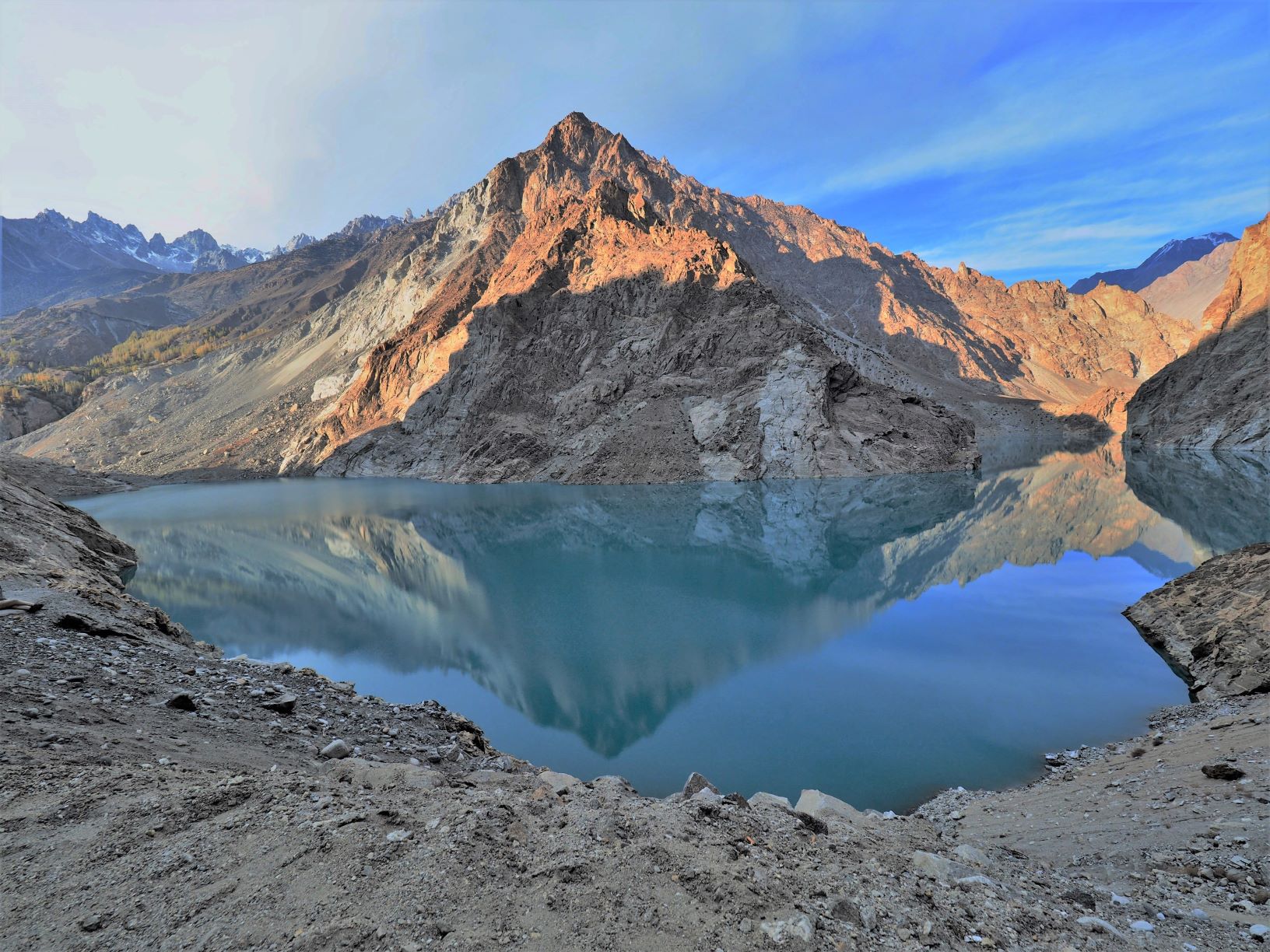
Over 100 earthquakes of magnitude six or higher occur globally each year, according to the United States Geological Survey (USGS), causing numerous casualties. While plate tectonics are their primary cause, along with other factors such as volcanic activity, understanding and predicting their occurrence remains elusive. Now, a CUHK study has unearthed a novel cause: the stress exerted on faults by landslide-dammed lakes. It offers valuable insights for earthquake risk management and prediction.
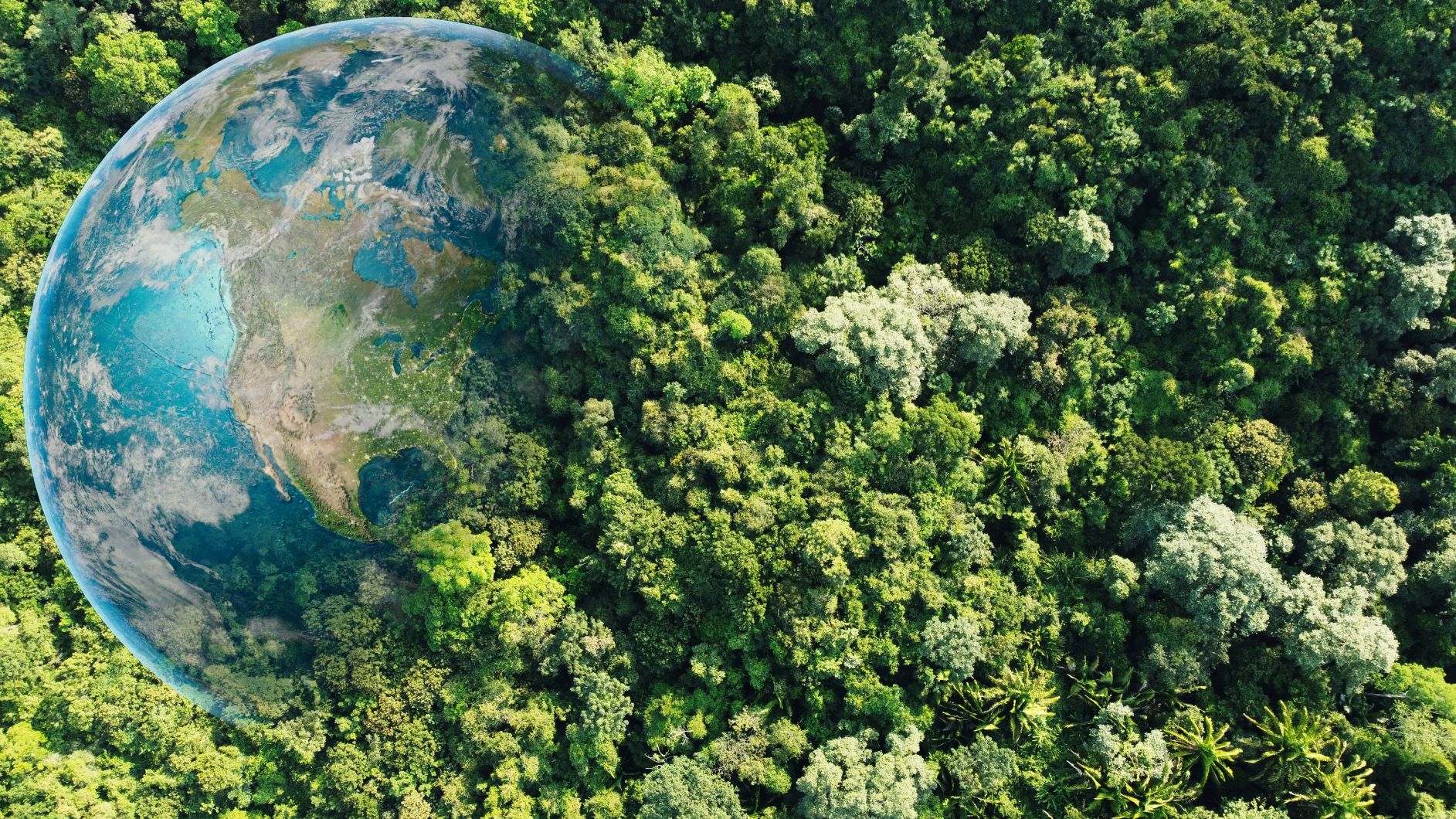
Picture the tropical forest - hot, humid and full of obstacles. The dense plant life, uneven terrain and wild animals make it extremely difficult for researchers to monitor temperatures near the forest floor, crucial data for understanding the impact of climate change. Yet CUHK scientists have braved this inhospitable realm, overcoming immense challenges to discover cooler microclimates close to the ground, and offering vital clues about how these precious ecosystems are responding to our warming world.
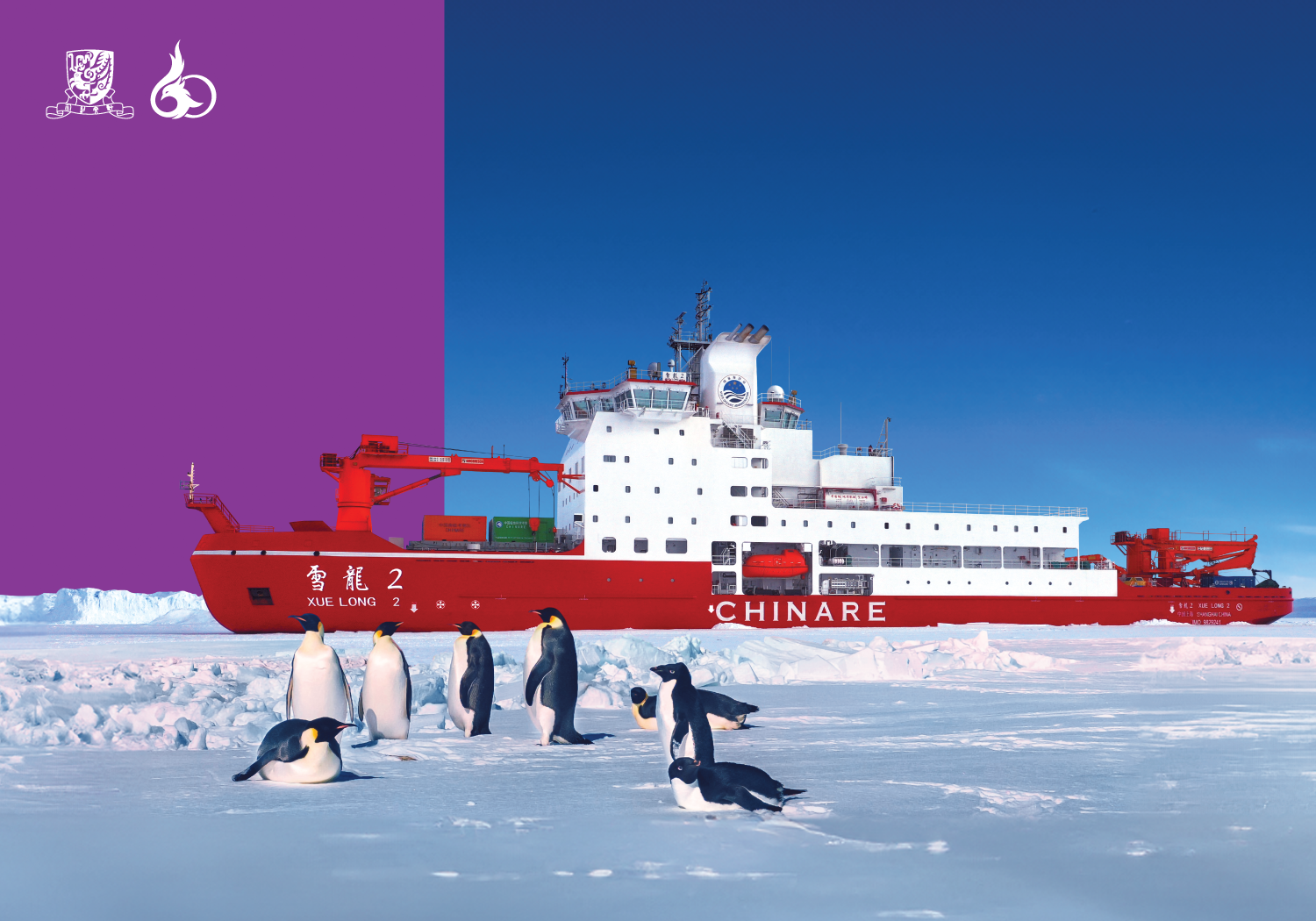
As a world-renowned university, CUHK is devoted to fostering dialogue to exchange views on a variety of issues. Recently, CUHK organised a number of activities, including a climate conference that brought together scientists from China’s first homemade polar icebreaker, a dialogue that explored the ethical complexities of biomedicine through the lens of Buddhism, and an international finance forum for the 60th anniversary of CUHK Business School.
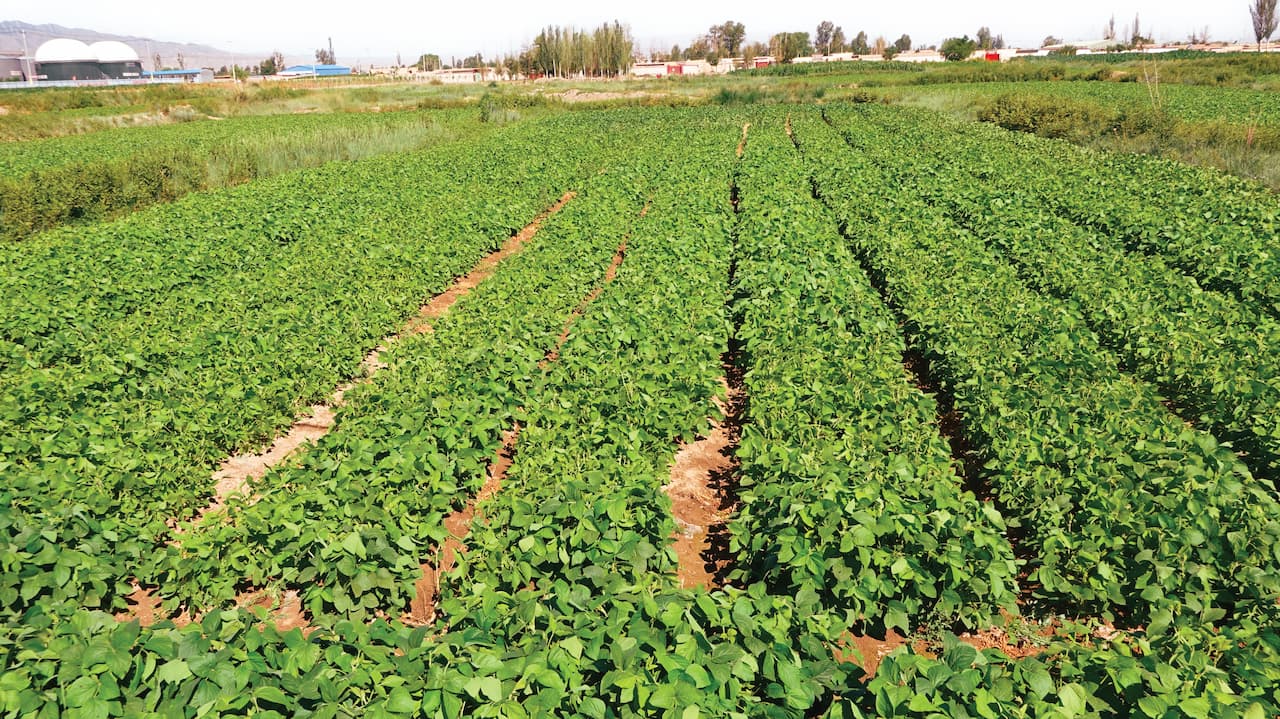
The UN Sustainable Development Goals (SDGs) are an important framework for CUHK to organise its research enterprise. Life Sciences Professor Lam Hon-ming’s research into climate smart soybean cultivation on marginal land is impacting multiple SDGs – from ending hunger, to improving nutrition and food security, to halting and reversing climate change, restoring degraded land and promoting gender equality. As Director of the State Key Laboratory of Agrobiotechnology at CUHK, he is also leading groundbreaking experiments in space.
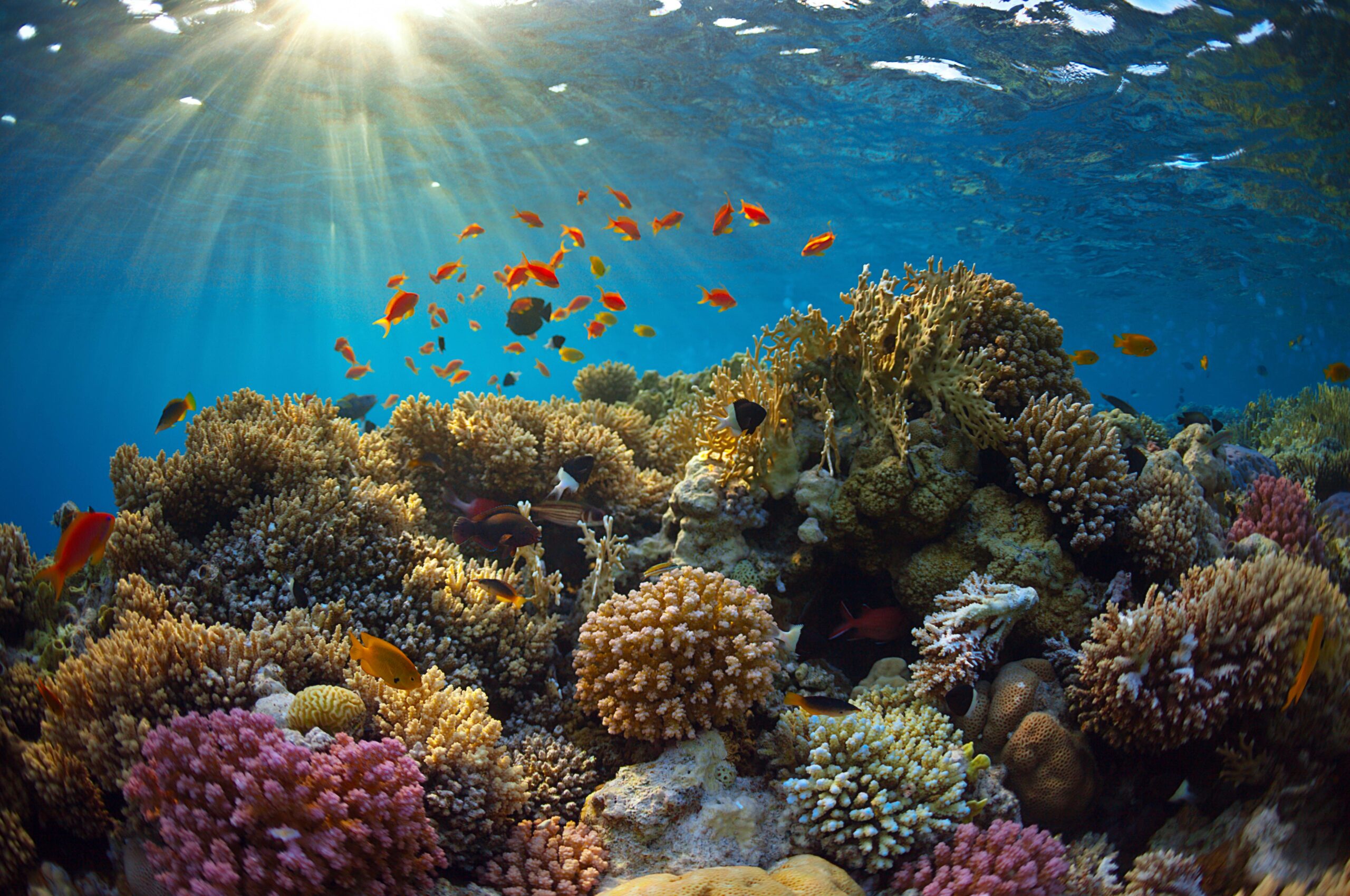
Brightly coloured, fractally shaped and home to a plethora of sea life: everyone loves coral. However, from the effects of climate change, pollution, overfishing to an increasingly populated planet – corals are under threat. CUHK scholar Dr Apple Chui Pui-yi is collaborating with the WWF to fight back on their behalf, with a coral rescue team that’s helping coral to flourish.
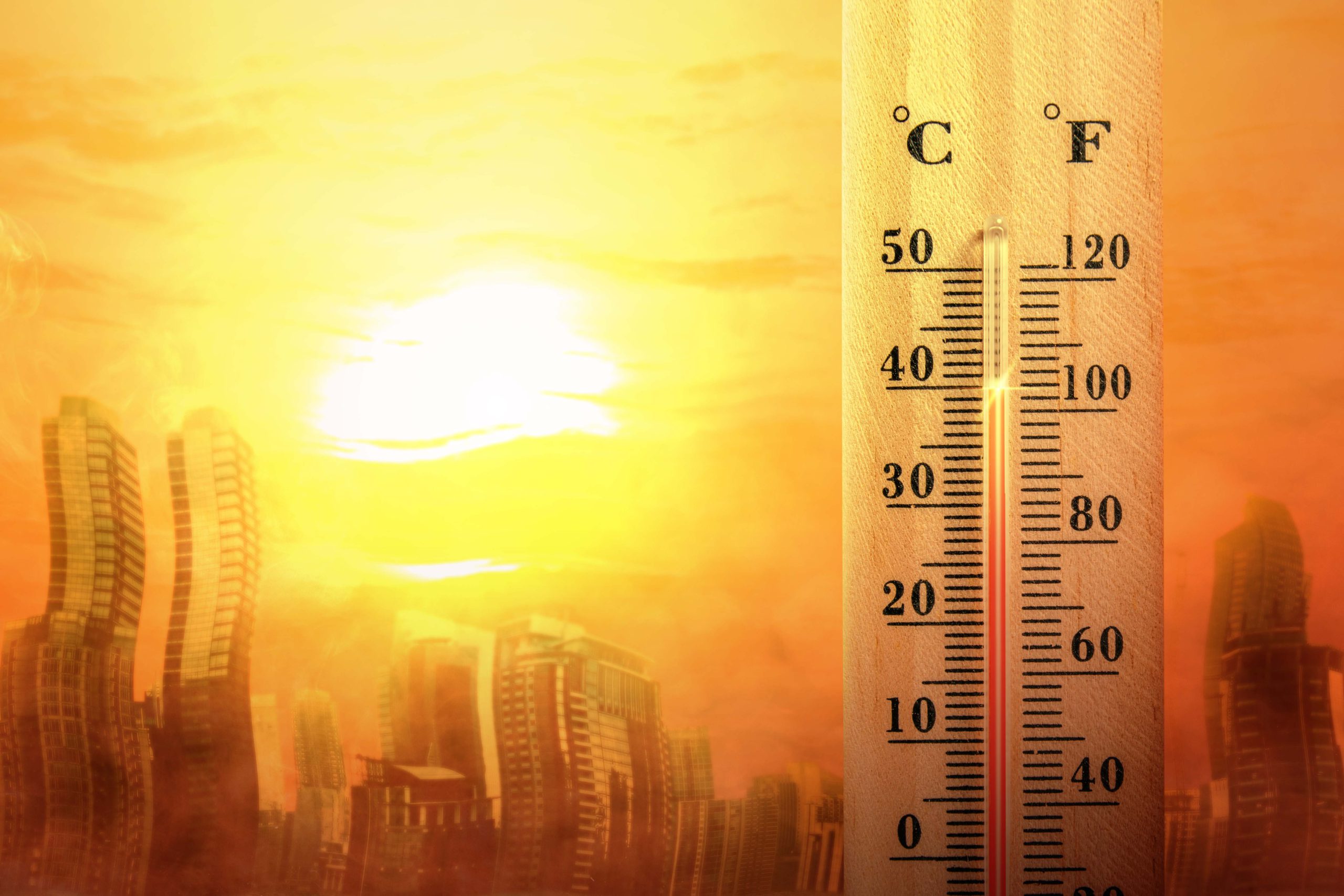
A summer of heatwaves has wreaked havoc on human health, food security and natural ecosystems all over the world this year. With climate change on the march, Hong Kong, as a tiny dot on the map, can’t escape its effects. CUHK experts on climate change, earth and environmental sciences, and architecture discuss what the consequences could be, and what can we do to alleviate them.
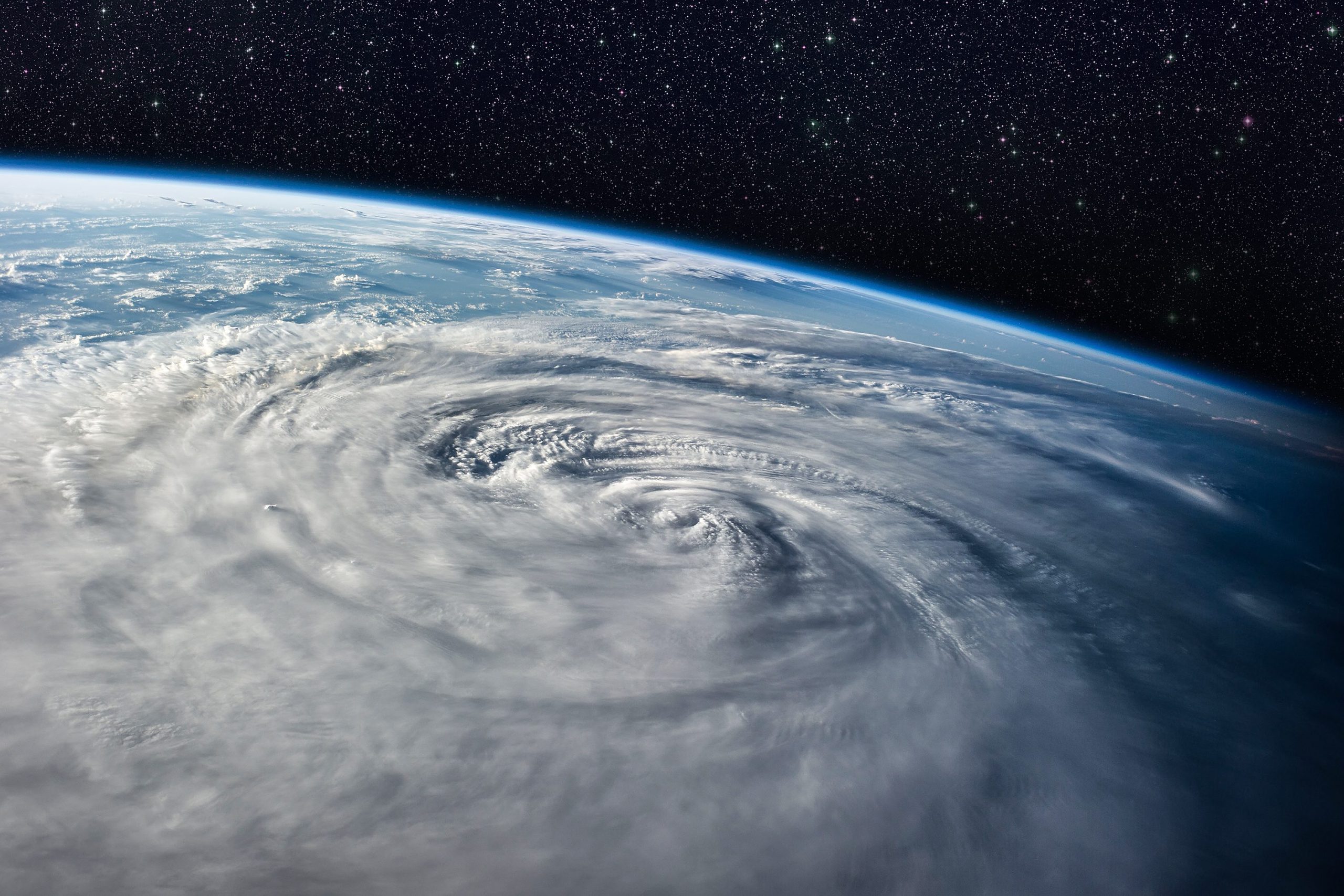
Over the past 40 years, there has been a marked increase in powerful super typhoons in the Pacific like Typhoon “In-fa” and “Cempaka”. From analysing recent typhoons and making projections based on a high-resolution climate model, a CUHK research team revealed that typhoons in Asia could be more intense at landfall, last longer and potentially double their punch by the end of this century, and they will travel further inland and do much more damage if global warming continues.
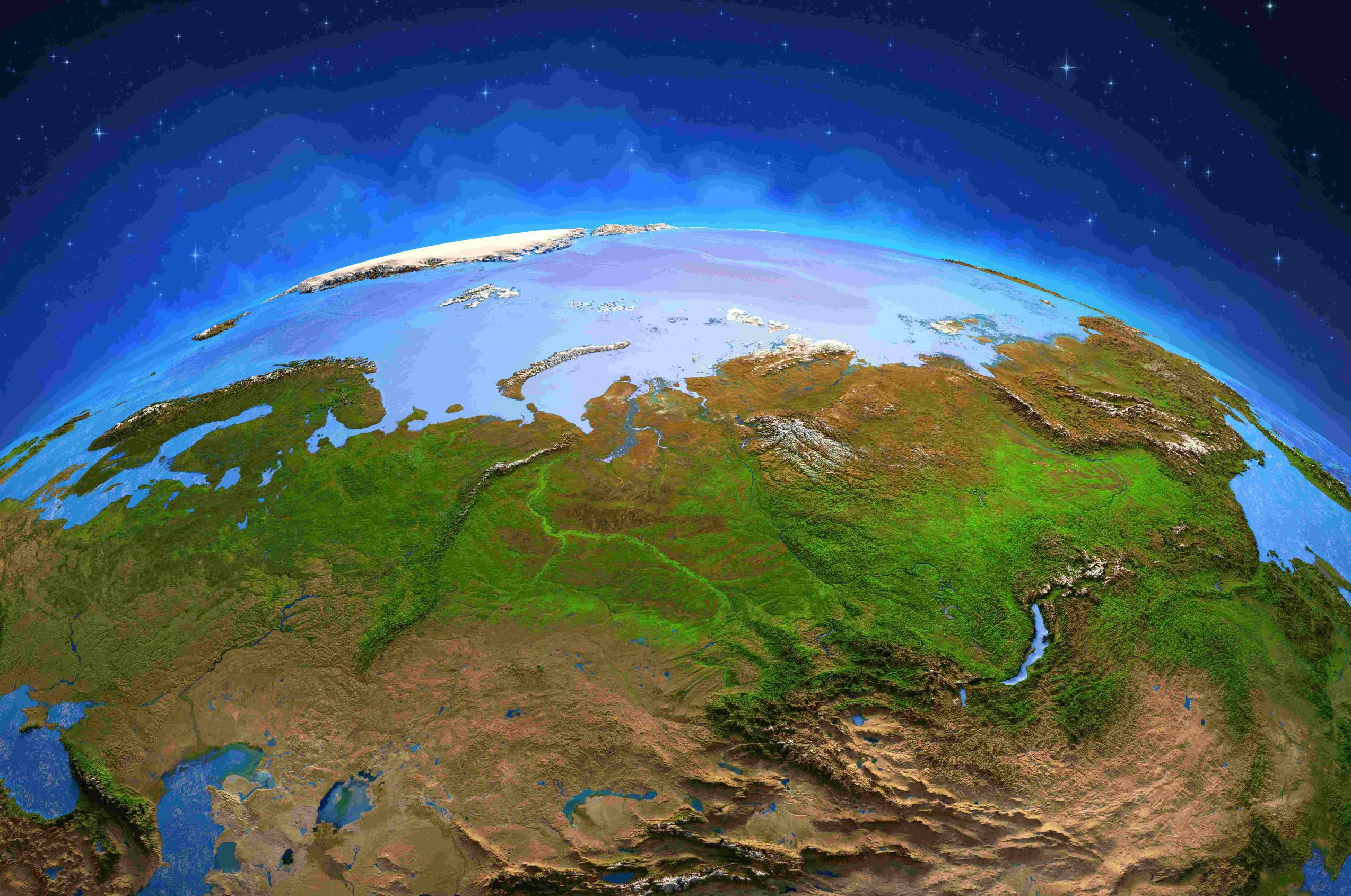
Current technology like satellite remote sensing is sharper and faster than the human eye in studying earth terrain for climate change effects but limited in detecting changes to landscape from massive and vast permafrost thawing. A CUHK geophysicist has developed an AI tool “DeepThaw”, a unique algorithm fed by massive numbers of satellite images to detect destabilised slopes over a wide area automatically to address the risk our cryosphere is facing.